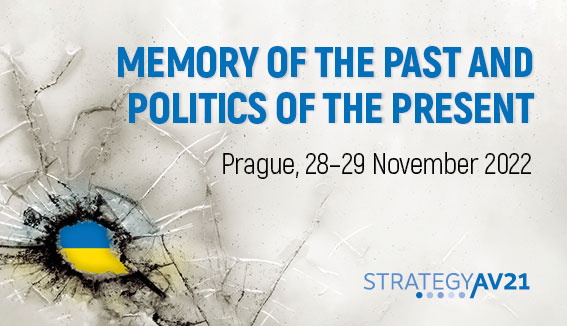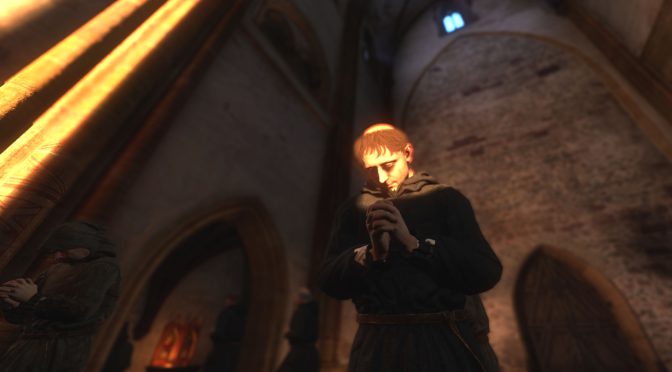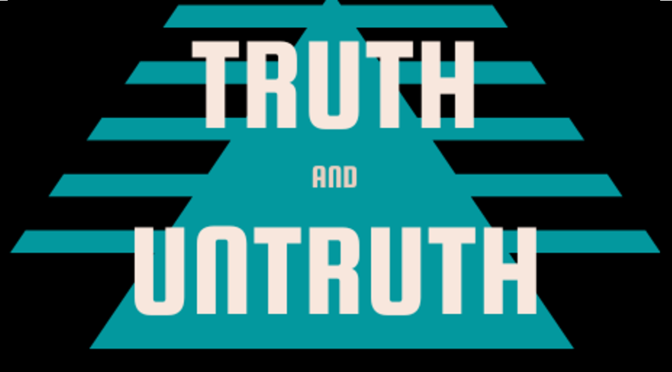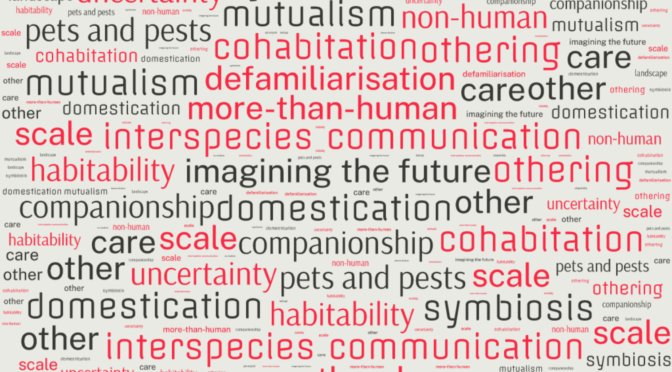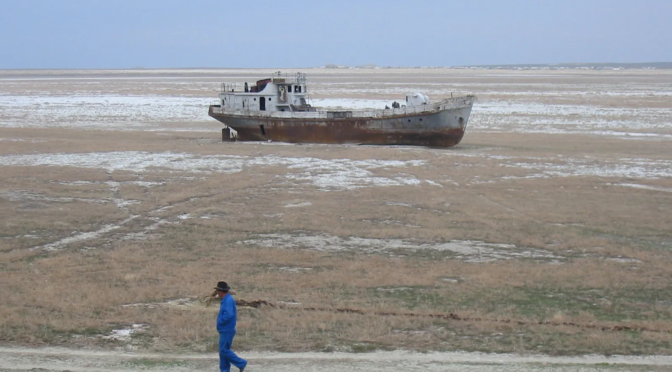Interdisciplinary Ph.D. Workshop
When: 4 – 5 November 2022
Where: Prague, Czech Republic
Convenors:
Astrid Greve Kristensen (Sorbonne University, associated at CEFRES)
Rose Smith (Charles University & University of Groningen),
Emina Zoletic (University of Warsaw / CEFRES)
A Workshop organized by 4EUPlus with the collaboration of CEFRES.
Read the call for papers here.
Friday November 4th 2022
Location: CEFRES Library, Na Florenci 3, Prague 1
17.30–19.00 | Roundtable discussion
Transmissions of memories of the Yugoslav wars of the 1990s. Moderated by František Šístek (Faculty of Social Sciences, Charles University).
With historians and memory scholars:
Jelena Đureinović (University of Vienna)
Vjeran Pavlakovic (University of Rijeka, Faculty of Humanities and Social Sciences)
Naum Trajanovski (University of Warsaw, Institute for Sociology)
Saturday November 5th 2022
Location: Faculty of Social Sciences, Charles University, Smetanovo nábř. 995/6, Room 212, Prague 1
08.30–09.15 | Registration and welcome
09.15–09.50 | Keynote lecture about the war in Ukraine
Elmira Muratova, PhD (Aarhus Institute of Advanced Studies, Aarhus University)
10.00–12.00 | Panel 1
The Road to the Audience’s Heart? Theatre, Songs and Poetry
Discussant: Türkay Salim Nefes, PhD (University of Oxford)
Chair: Emina Zoletić
Alice Clabaut (Sorbonne University & Charles University)
Hammering Brecht’s Theater During the Cold War: Between Political Nostalgia and Cultural Propaganda
Nenad Milosavljević (Sorbonne University)
The Wars of the Years 1990s in Croatia, Bosnia-Herzegovina, Serbia and Montenegro in the Mirror of the Poetry Written in These Countries
Lubna Batool (Rawalpindi Women University)
Embedment of War Memories in Youth Through National Songs: A Multimodal Analysis of Remakes in Pakistan
Aida Čopra (Sorbonne University, University of Florence, University of Bonn)
Nothing to be done. Theatre as a Medium of Memory in Wartime Sarajevo (1992-1995)
12.00–13.00 | Lunch
13.00 – 14.30 | Panel 2
Distortion Through the Camera Lens
Discussant: Jana Jedličková, PhD (Palacký University, Olomouc)
Chair: Astrid Greve Kristensen
Maria Plichta (University of Amsterdam, Amsterdam School for Cultural Analysis)
First as a tragedy, then as the lowest rated film on IMDb: The Kitschification of the Smolensk catastrophe in the Smoleńsk (2016) film.
Domenico Scagliusi (Sorbonne University)
Time Travel and Poetics of Reenactment: the Kitschification of WWII in Russian Post-Soviet Fantastika
Đejmi Hadrović (Academy of Fine Arts, Vienna)
Cinema as a Political Platform in Post-Yugoslavia
14.30-15.00 | Coffee Break
15.00 – 16.30 | Panel 3
In The Grip of Words: Big Actors, Propaganda and False Narratives
Discussant: Valeriya Korablyova PhD (Charles University)
Chair: Rose Smith
Anna Greszta (University of Amsterdam, Amsterdam School of Cultural Analysis)
Performance, Masquerade and Post-Truth Sensibilities in Cultural Representations of the Russo-Ukrainian War
Heqi Sun (University of Warsaw)
Spillover effects of the Kosovo War – The US bombing of the Chinese Embassy in Belgrade in 1999
Nicholas Idris Erameh (Northwest University, South Africa)
In the Shadow of Empire: Putin’s Expansionism, Russia-Ukraine Conflict and the Limitation of United Nations Security Council Veto Power
16.30 | Concluding remarks
See 4EU Plus Website

